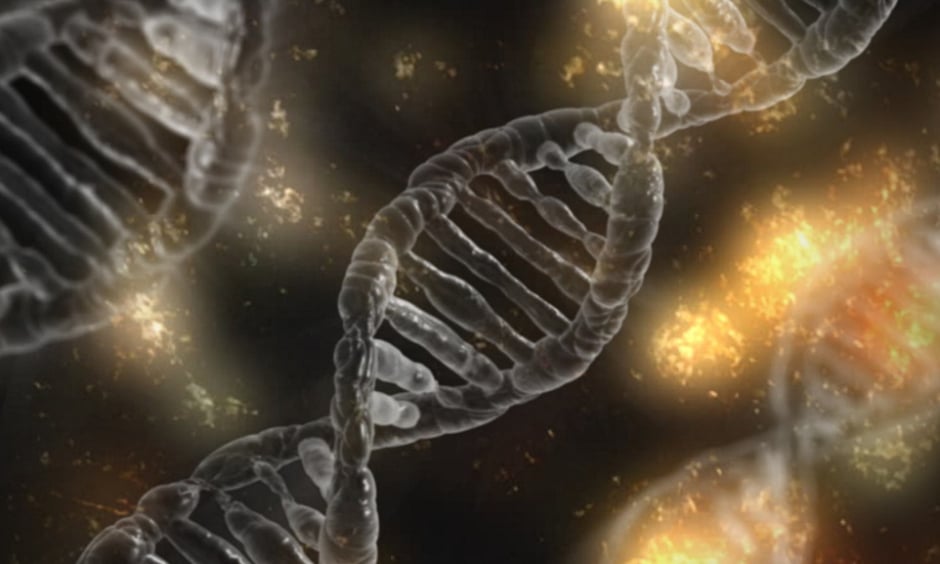POTENTIAL new targets for cancer treatments have been identified following the discovery of nearly 200 mutations in non-coding DNA that have a functional role in cancer by researchers at the University of California San Diego, California, USA. The findings provide greater insights into how tumour development and growth is influenced in the non-coding regions of the genome.
Nearly 200 Mutations
Previous research had uncovered just one non-coding mutation called TERT that appeared to play a role in cancer following analysis of genomic data of human tumours from The Cancer Genome Atlas (TCGA). For this new study, the team also used TCGA data, comparing tumour samples of 930 cancer patients to normal tissue samples from the same patients, adding a crucial extra step of identifying changes in gene expression. This led to the discovery of nearly 200 non-coding mutations that alter gene expression.
“Most cancer-related mutations occur in regions of the genome outside of genes, but there are so incredibly many of them that it’s hard to know which are actually relevant and which are merely noise,” commented senior author Prof Trey Ideker, University of California, San Diego, USA. “Here for the first time we found about 200 mutations in non-coding DNA that are functional in cancer, and that’s about 199 more than we knew before.”
Activation of DAAM1 Gene
Following laboratory testing of three of the mutations by replicating the non-coding mutation in cells and observing the subsequent changes in gene expression, one in particular stood out. This was a non-coding mutation that affects the DAAM1 gene. “DAAM1 activation makes tumour cells more aggressive, and better able to invade surrounding tissues,” explained first author Dr Wei Zhang.
New Treatments
The findings could provide a lot of potential for the development of new drugs to treat cancer. The next stage is to establish whether there are certain subtypes of cancer by combining these non-coding mutations with coding mutations. The researchers hope this information will identify a particular therapy approach or find actions such as whether or not a patient has a particular mutation pattern that can provide diagnostic or prognostic clues.
James Coker, Reporter
For the source and further information about the study, click here.








